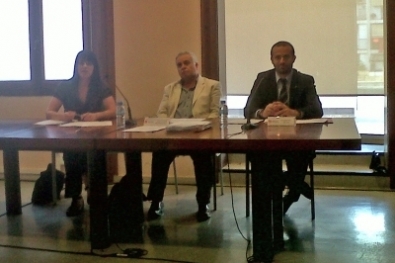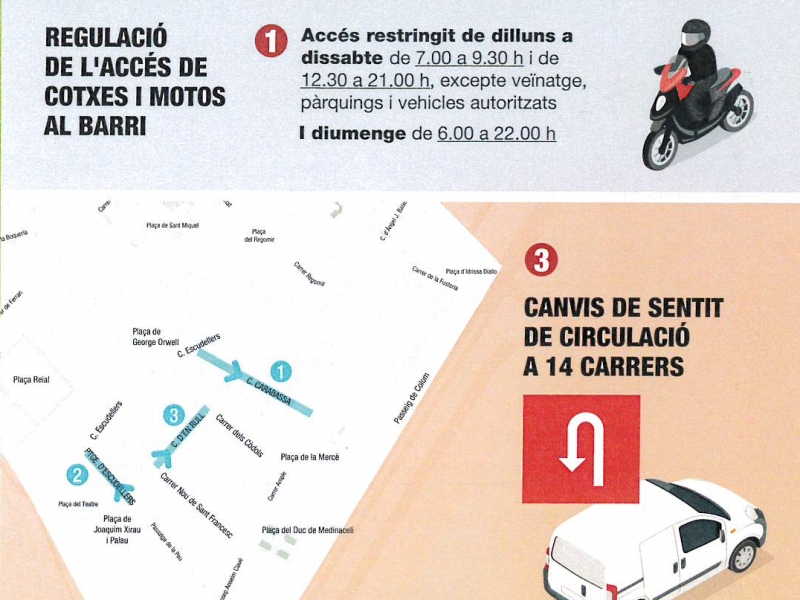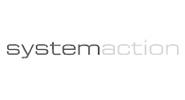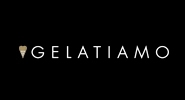July 27th. 2012
The city council has collaborated on a study by Consumers Union of Catalonia to analyze the degree of compliance with consumer regulations by the Barcelona trade
· The aspect that most meet the shops is the delivery of pay stubs and pricing information visible inside the establishments
· Over 80% of trade cartels analyzed signaled fixed character information in Catalan, according to the rules of language policy
Consumers Union of Catalonia today introduced the consumerist Diagnostic Study in the city of Barcelona. This is the first time a report is prepared with the participation of traders, consumers and government, in order to assess the state of trade in the Catalan capital. The study was conducted during winter 2011 and spring of 2012.
The reporting that has taken place in the OMIC (Municipal Office of Consumer Information) has been made by the president of the Consumers Union of Catalonia, Salvador Dominguez in a ceremony presided by the councilman of Commerce, Consumption and Markets Barcelona City Council? Raimond Blasi.
We analyzed a total of 1,000 establishments in 12 commercial centers that bring together the fields of food, goods (automobiles, footwear and textiles, appliances and furniture and decoration), housing, repairs, services (tourism, insurance , leisure and culture, health, catering, transport, education and financial institutions) and supplies (water, electricity, gas and telecommunications).
Similarly, items that have been discussed are those relating to opening hours and information, complaint forms and complaint, the correct visibility of prices, payment vouchers, knowledge of traders on the responsibility of ensuring the product and the implementation of language policy in relation to signs in Catalan.
Analyzed aspects of the business sectors that most non-compliant on consumption are the home repairs and telecommunications. Participating commercial districts, the Raval is where major breaches have been detected
INFORMATION BUSINESS HOURS AND LEAVES OF CLAIM
As for the conspicuous display of trading hours for 68% of the establishments meet the rules, compared with 32% who do not. This failure is more pronounced in the catering sector (58%) and food (43%). For business districts are the most compliant and La Rambla Sant Andreu, compared with less, which are San Martin, Raval, Nou Barris and Horta.
In relation to the official sheet of claim / complaint that, by regulation must be available to consumers, the study finds that 91% of businesses analyzed available, compared to only 9% did not meet this standard. By sector, housing and appliances reach 100% compliance with this obligation, while the retail sector of furniture and decoration, followed by the field of home repair, culture and leisure, are showing a lowest percentage (18%) compliance.
However, although a large number of establishments have complaint forms / complaint, it was observed that only 40% of retailers displayed in a conspicuous place the poster, as is required.
On the processing of claim forms / reporting 90% of businesses report knowing analyzed the steps to follow in the event that a consumer requests it. 10% of businesses are unaware of this processing.
By sector the most know the procedure for processing are the trades related to home appliances, housing, tourism and telecommunications, up from less they know, who are dedicated to furniture and decoration, leisure and culture home repairs. And, by district, Sant Andreu, Nou Barris and Rambla where there are more compliance and knowledge on this aspect. El Raval, Eixample and Gracia are great, however, the most widely known and this rule is violated.
As the response time to complaints and claims, the study shows that nearly 80% of retailers know they have to respond to them within one month, as required by current regulations. The remaining 20% of businesses ignore this time frame analyzed.
By sector of activity which show a greater knowledge are the housing, tourism and motor sport. The leisure and culture shops, followed by furniture and decor shops and food are the most unaware of this obligation. By district, the Raval get 50% of ignorance.
RATES
The Consumer Code makes it mandatory to inform consumers the prices of the products or services. Also, the same legislation provides that this information must be visible and accessible to consumers.
According to data obtained through field study shows that 100% of businesses in the city of Barcelona exhibit the prices of the goods by visible signs or labels on the inside of the establishments. In contrast, only 60% do so in the window / outdoor trade.
Almost all sectors equally good results obtained in the exhibition inside the product. But when it comes to the display abroad the worst result is the automotive sector (12.5%), followed by the home repairs (23%). The best results are those of the traders for the sale of appliances (85'71%) and housing (83'3%).
In relation to the inclusion in the price of taxes, charges and levies, 99% of businesses analyzed met this obligation to report the full price of the product or service offered, a common circumstance in all sectors.
PROOF OF PAYMENT AND WARRANTIES
The 98.5% of the businesses analyzed is able to deliver tickets or invoices to consumers. Only 1.5% of them can not meet this legal obligation.
Also, almost 99% of surveyed businessmen know that the proof of payment is also the product warranty. Similarly, 98% know that the dealer is responding to the lack of conformity of products and therefore are responsible for ensuring the same.
LANGUAGE POLICY
Linguistic Policy Act stipulates that Catalan be marked at least the labels fixed nature, whether in or outside the establishment.
The study shows that the percentage of breach of this obligation is 19% of businesses. The sector also complies with the rules is the racing, with 100%. The least, the field of home repair, showing a default rate of 36%, followed by furniture and decoration sector (29%) and telecommunications (27% of default).
As for the offer documents written in Catalan, it is observed that 34% of businesses do not have them












